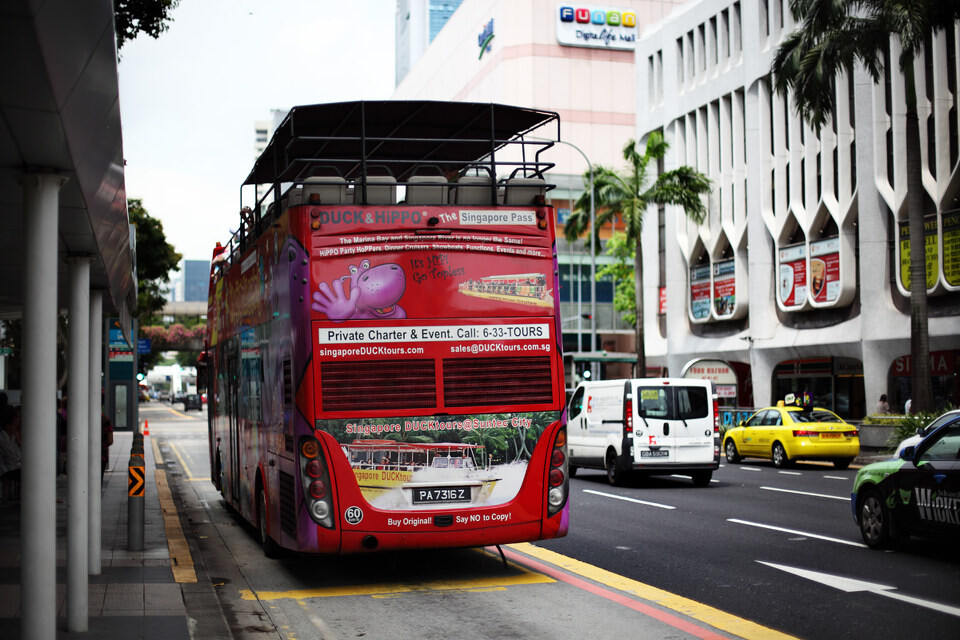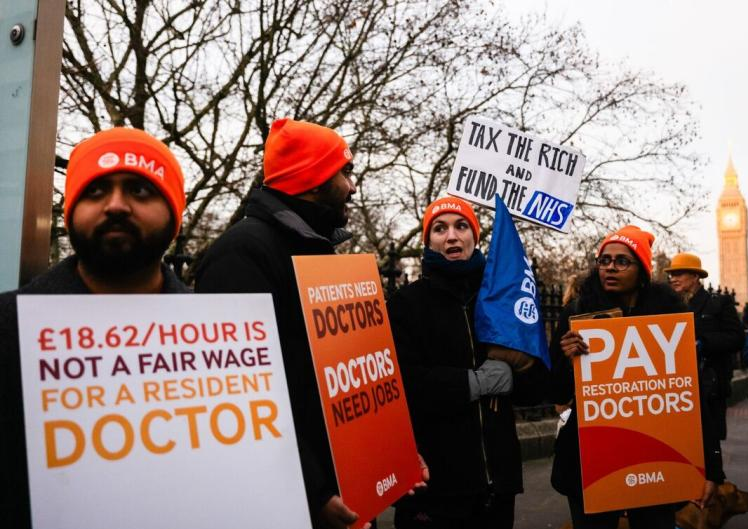
Singapore, known as one of the "Four Asian Tigers", has always played a crucial role on the global economic stage with its unique economic model and outstanding governance capabilities. However, in recent years, Singapore has faced unprecedented challenges in achieving its economic goals. So, why is Singapore facing such a big challenge in achieving its economic goals? This article will objectively analyze the challenges and reasons faced by Singapore's economy.
Firstly, as a resource poor country, Singapore's economic development is highly dependent on international trade and external markets. This makes Singapore particularly sensitive to global economic fluctuations. In recent years, with the rise of global trade protectionism and the intensification of geopolitical risks, Singapore's export market has been severely impacted. In addition, with the adjustment of global industrial and supply chains, Singapore's manufacturing and service industries are facing enormous pressure. The uncertainty of this external environment poses great challenges for Singapore to achieve its economic goals.
Secondly, Singapore's population structure is also a major obstacle to achieving economic goals. Singapore is a country with a severe aging population, and insufficient labor supply has become an important factor restricting economic development. At the same time, Singapore is also facing the dilemma of talent loss. Many outstanding young people choose to study and work overseas, which puts Singapore at a disadvantage in the competition for talent. Due to a lack of sufficient labor force and high-quality talents, Singapore appears to be inadequate in promoting innovation and industrial upgrading.
Furthermore, Singapore's overly simplistic economic structure is also a major challenge in achieving economic goals. Singapore's economy is highly dependent on a few industries such as finance, trade, and manufacturing. This single economic structure makes Singapore lack sufficient resilience in the face of external shocks. Once these key industries encounter problems, the entire economic system will be severely affected. Therefore, Singapore needs to accelerate economic restructuring and develop diversified industries to reduce dependence on a single industry.
In addition, Singapore's real estate market is also facing serious foam risk. In recent years, Singapore's housing prices have continued to rise, bringing a heavy burden to residents. High housing prices not only suppress consumer demand, but also exacerbate social inequality. At the same time, once the real estate market foam bursts, it will have a huge impact on the entire economic system. Therefore, the Singapore government needs to take effective measures to curb the trend of rising housing prices and prevent risks in the real estate market.
Finally, Singapore still faces pressure from policy adjustments and reforms in achieving its economic goals. The Singapore government has been working hard to promote the transformation and upgrading of its economic structure in response to changes in the external environment. However, such transformation and upgrading often require a huge cost, including sacrificing some short-term benefits, adjusting industrial structure, optimizing resource allocation, and so on. In the implementation process of these policy adjustments and reform measures, various obstacles and challenges are often encountered, and the government needs to have sufficient wisdom and courage to respond.
In summary, Singapore faces multiple challenges in achieving its economic goals, including both external environmental uncertainty and internal constraints. To address these challenges, the Singapore government needs to take a series of effective measures, including strengthening international cooperation, optimizing population structure, promoting economic restructuring, and preventing risks in the real estate market. At the same time, Singapore also needs to strengthen policy adjustments and reforms to create a more favorable environment for economic development. Only in this way can Singapore maintain its leading position in global economic competition and achieve the goal of sustained and healthy economic development.
Through the objective analysis in this article, we can see that Singapore faces various challenges in achieving its economic goals, which require the joint efforts of the government and all sectors of society to address. Despite facing many difficulties, Singapore, as a vibrant and innovative country, believes that it can overcome these challenges and achieve sustained and healthy economic development.

Junior doctors in the UK officially launched a five-day strike on Wednesday (December 17th).
Junior doctors in the UK officially launched a five-day str…
The Thai Pride Party is considering nomasting three candida…
With the continuous intensification of international sancti…
With $15.82 billion in sales and a 108% year-over-year incr…
According to the South Korean media Dealsite, the recent te…
The current geopolitical conflicts around the world are oft…